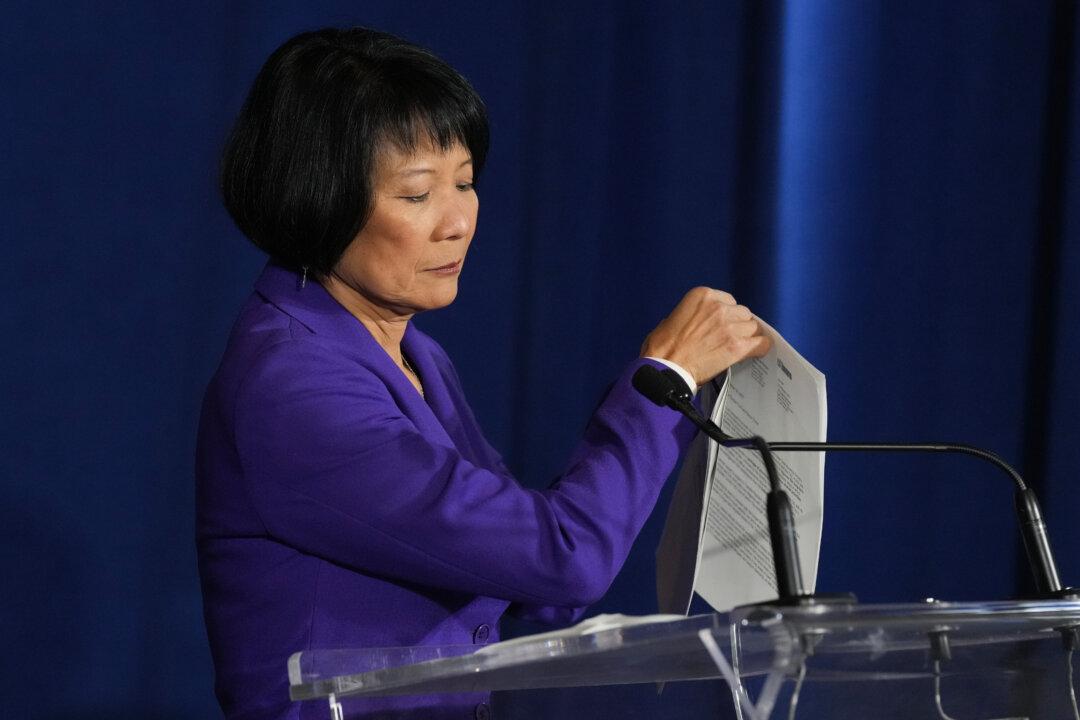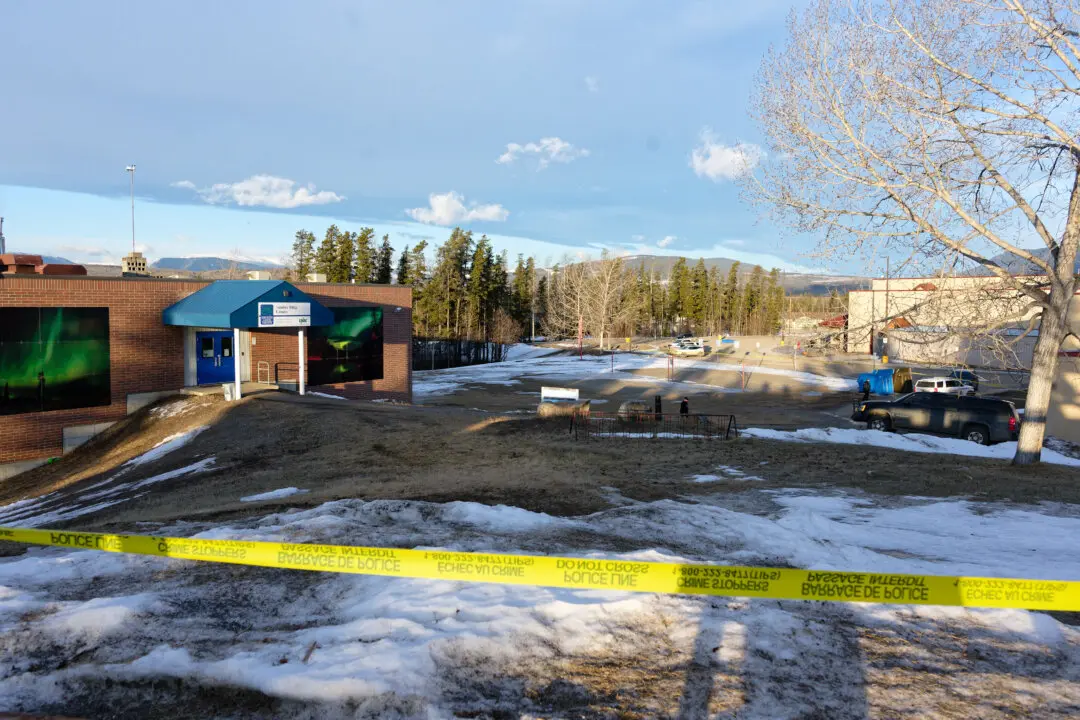Toronto Mayor Olivia Chow is supporting a nearly 7 percent tax increase as part of the city’s $18.8 billion budget for 2025.
The increase combines a 5.4 percent property tax hike with an annual 1.5 percent increase to the city building fund, a levy intended to support essential infrastructure initiatives.





